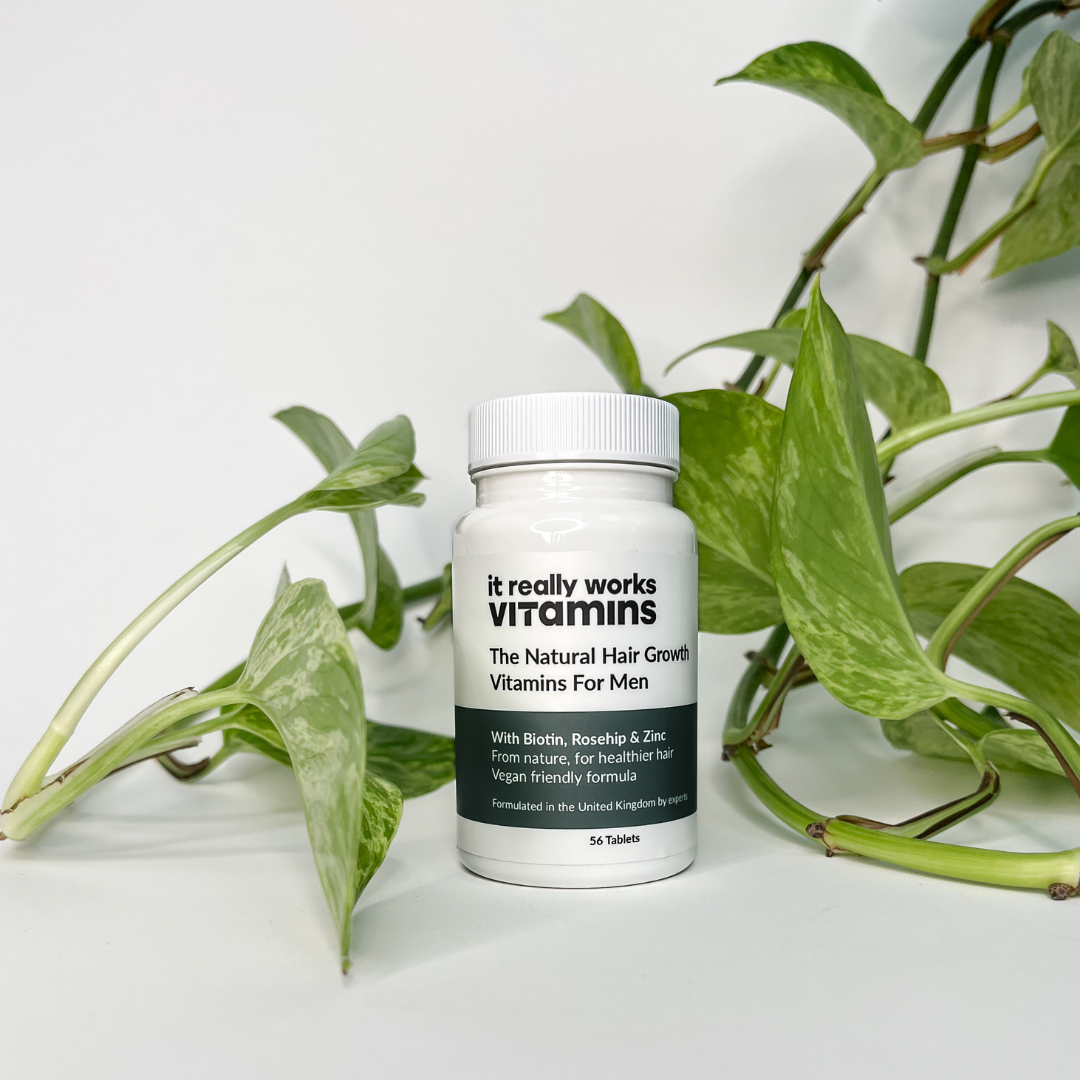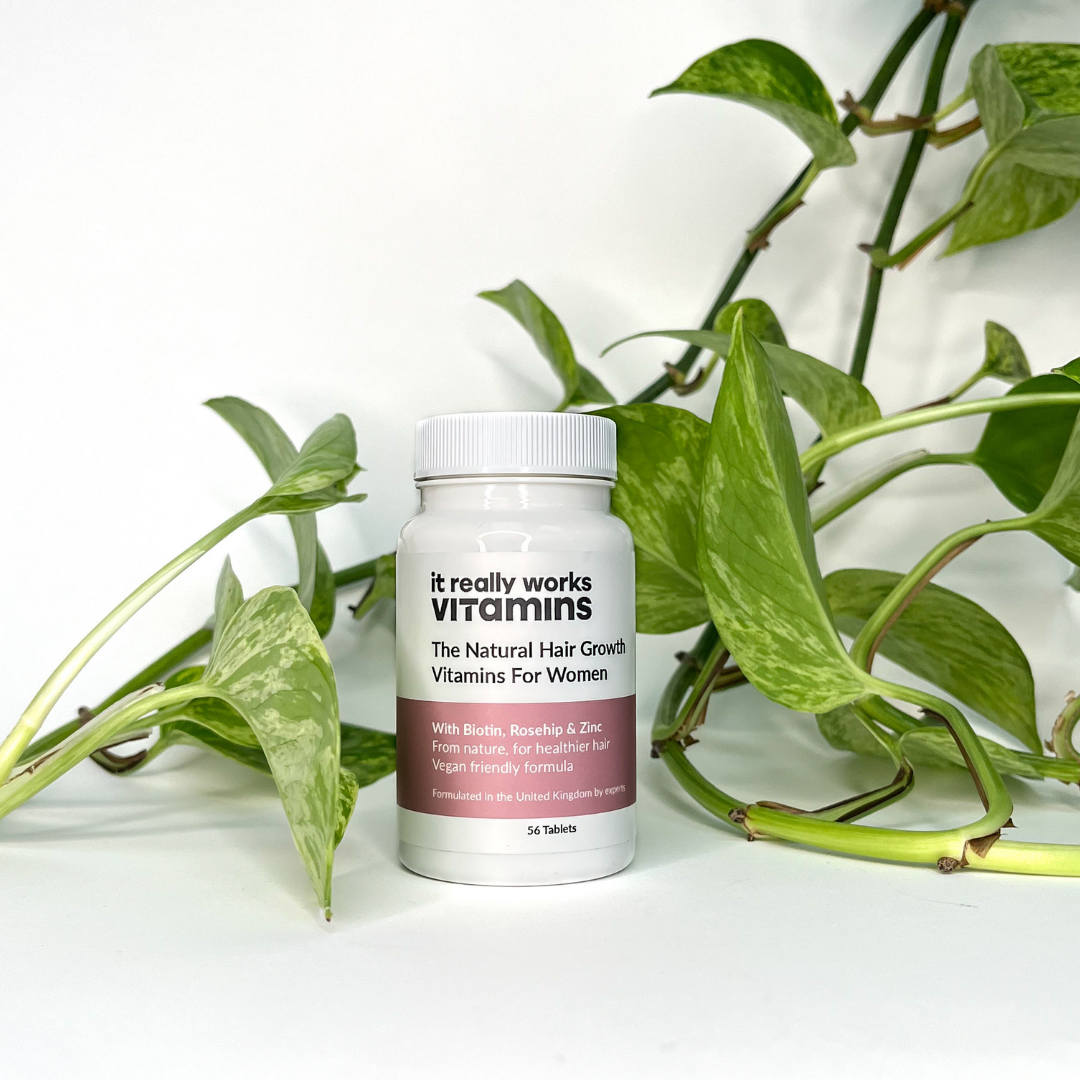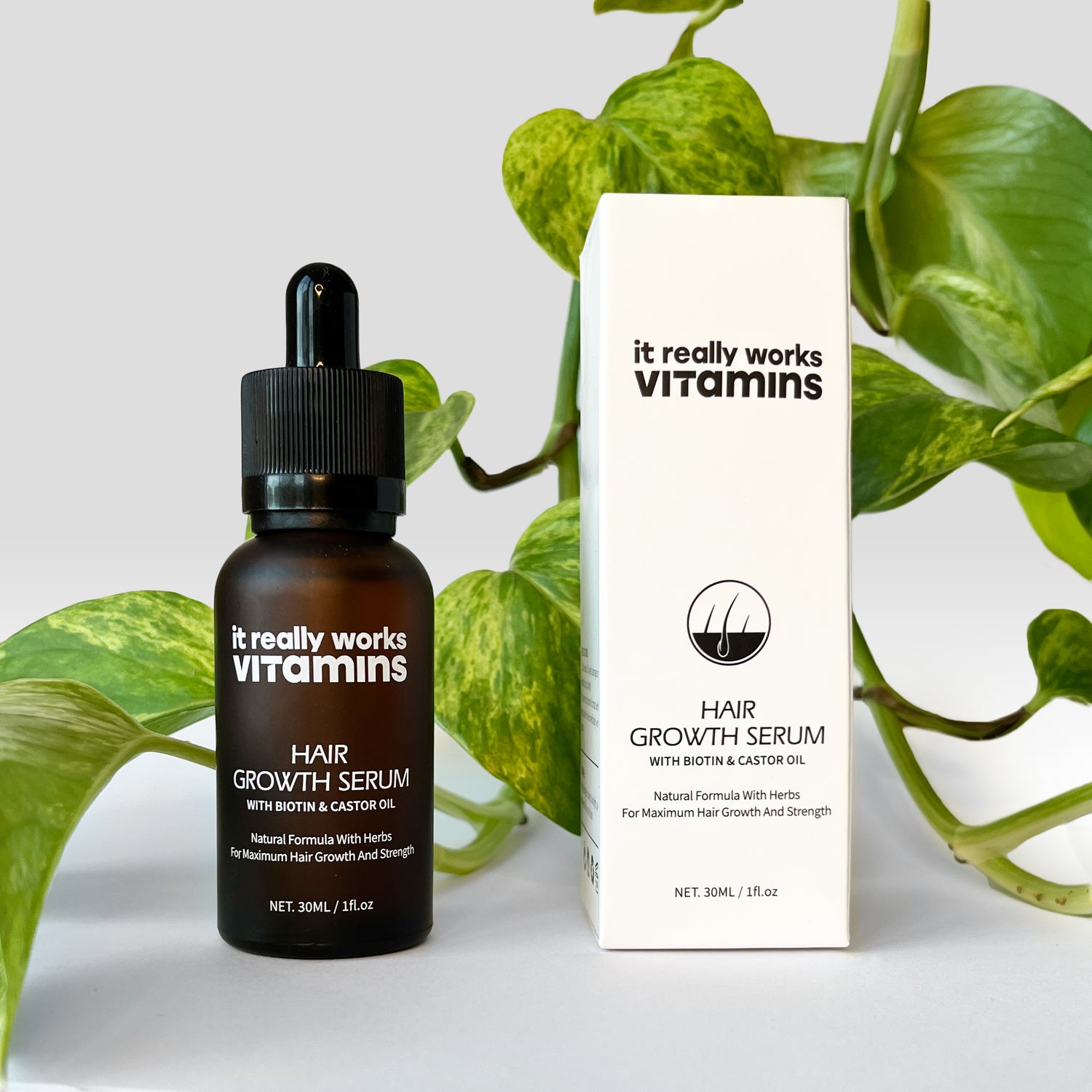There are numerous causes while suffering from depression and anxiety that may be the culprit to your hair loss. If you suffer from lack of sleep, poor diet and even your medications could be the cause of your hair loss.
Understanding what hormones affect hair loss could help one understand some hormonal imbalances that may be the cause, not the depression itself. The conversion of the hormone Testosterone into DHT inside of the hair follicles, when combined with certain enzymes, kills off the follicles making it impossible to grow new hairs.
These hormone changes can happen in both men and women and does not matter how much testosterone the body has, it only depends on if the enzymes and the over production of testosterone trigger the conversion. When you throw in poor diet, lack of exercise and stress which alter other normal hormonal balances in the body could make you more susceptible to hair loss.
Hormones and Hair Loss
Hormones like estrogen, progesterone, and testosterone all play vital roles to proper functioning of our bodies, tissue and organs. When even the slightest thing sends the critical balance out of whack we end up having complications to our skin, hair and even internal organs.
When we are overwhelmed with stress, it triggers our adrenal glades to secrete the hormone cortisol which triggers our flight or fight responses. Stress and anxiety are all part of depression symptoms which may be the overstimulation of the male androgenic glands which produce super amounts of testosterone leading to the conversion to the DHT which kills hair follicles.
Other Causes of Hair Loss
A lot of anti-depressants may cause hair loss. If you are taking any one of the majority out there, it may be affecting your livers ability to filter toxins and hormones properly, thus promoting further hair loss. You could be experiencing an over active thyroid, or stressful events like surgery or illnesses which are throwing off your normal hormonal balance.
Getting the right amount of sleep and exercising regularly could help as well. Eating a well-balanced diet full of all the green leafy veggies high in all the right vitamins B could also help.
Consult your doctor right away, don’t let the problem worsen - your GP or Physician is there to help!




